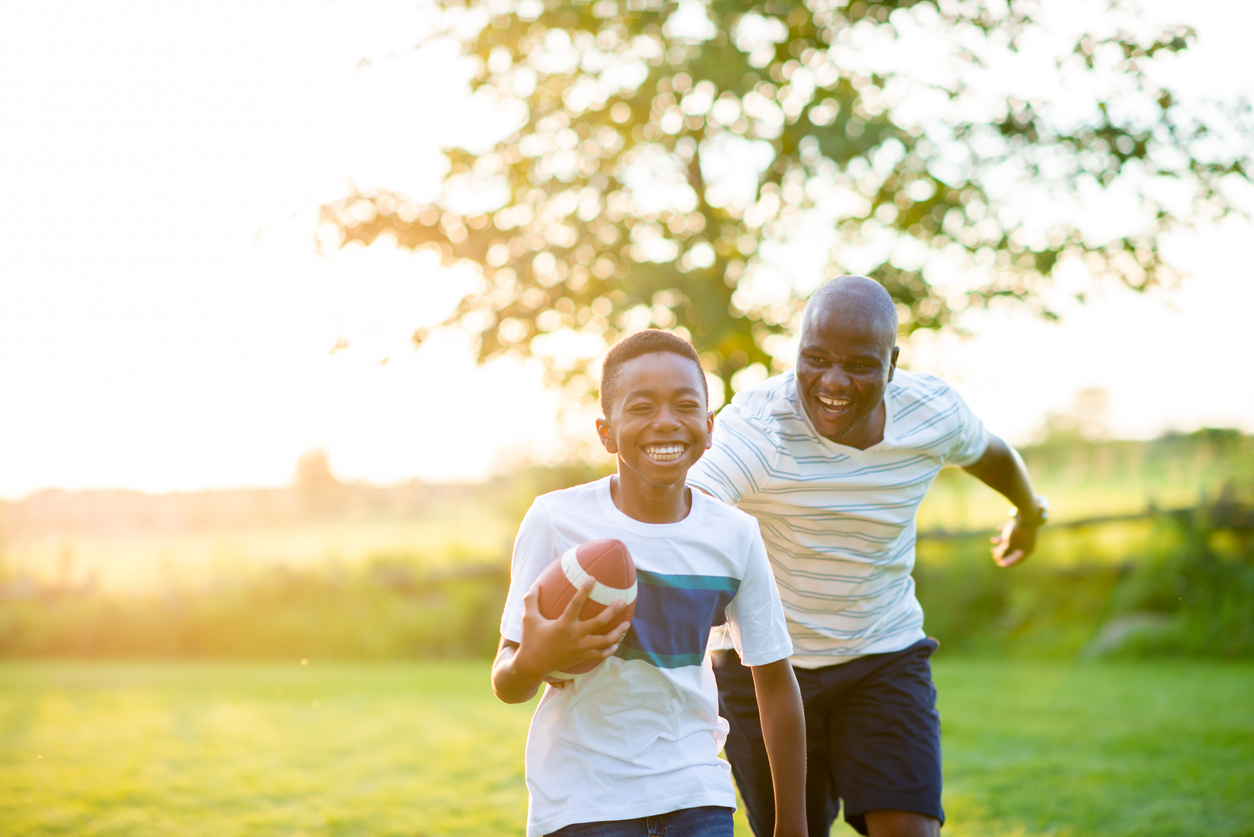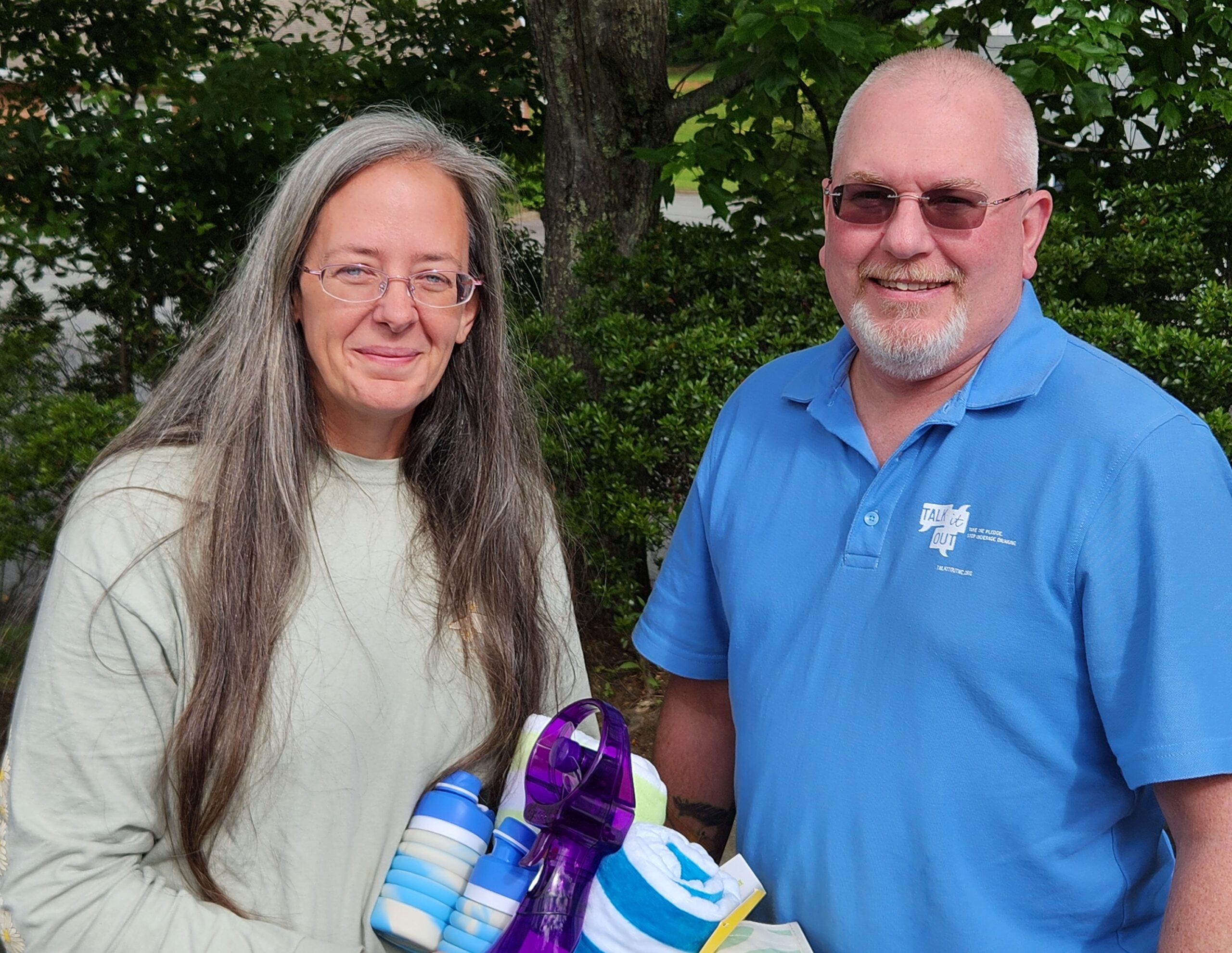Parents as Role Models: 7 Responsible Behaviors to Teach Kids

Parents juggle a million responsibilities! Besides making sure your kids have the essentials (food, clothing, and shelter), you probably spend a big portion of your day getting them to school or extracurricular activities, helping with homework, and preparing for them to start again the next day. Sometimes parents are so busy making sure kids have all the things they need to thrive that we forget one of our most important jobs – being a good role model. Remember, you play a pivotal role in shaping your child’s attitudes and behaviors at every age, especially when it comes to sensitive issues like alcohol consumption.
Why are parents such influential role models?
From their earliest days, babies look to their parents as role models. They learn how to eat, walk, and talk from imitating you. As children grow older, they continue to listen closely to what you say and watch what you do. They see how you interact with others, respond to challenges, and deal with your emotions. They notice what you eat and drink, how much time you spend on electronic devices, and how you nurture yourself and others. Your words and actions shape their perception of the world and influence their behavior.
How does parental guidance change through the years?
While the importance of parents as role models remains constant, the type of guidance your children seek evolves as they grow. It’s important to recognize their changing needs and adapt your approach accordingly.
- Young Children (Ages 5-10): Children are highly impressionable at this stage and rely on direct guidance. They see their parents as authority figures and role models who they want to emulate, so they’re likely to follow family rules. Offer simple but direct explanations about tricky subjects like drinking alcohol. For instance, you might explain why alcoholic beverages are only meant for adults.
- Preteens (Ages 11-13): Tweens begin to test boundaries and form their own concepts of right and wrong. They still want your approval and guidance, but they’re beginning to take cues from their friends and the world around them (especially social media). As they start questioning rules, they need more detailed explanations of serious topics. Have honest conversations about the effects of alcohol on the developing teenage brain and explain why it’s important to make healthy choices.
- Teenagers (14-19): Most teens long for independence and begin questioning parents and other authority figures. Although they’re strongly influenced by peers, teens continue to value their parents’ opinions. However, they definitely notice any discrepancies between what you say and what you do! Teens want respect, trust, and understanding, so offer straight-forward, consistent messages about tough issues. Sharing personal experiences and discussing real-life consequences of underage drinking can make a positive impact in their decision to abstain from alcohol until they’re 21.
What behaviors should parents exhibit for their kids?
While there’s no definitive list, here are some responsible behaviors you can model to help your children develop healthy coping skills and make smart choices in the future:
- Responsibility: Handle your career and family obligations with confidence and enthusiasm, so your child can witness the importance of being responsible. If you make a mistake, admit it rather than casting blame elsewhere. Your child will see that although no one is perfect, people can learn from mistakes by owning up to them.
- Honesty: As much as possible, be true to your words. Your child may get the message that lying is acceptable if they hear you tell “little white lies” frequently. They may be more likely to lie to others and to you!
- Self-Respect: Kids who respect themselves are less likely to succumb to negative peer pressure to drink alcohol or try other substances. Your kids learn to respect themselves when they see you respecting yourself.
- Optimism: Life can look pretty bleak sometimes, but if you maintain a positive disposition, it will help encourage your child to do the same. That doesn’t mean being unrealistic, but it means focusing on the good things in life more than the bad ones. Optimistic kids are less likely to start drinking alcohol to cope with anxiety or depression.
- Resiliency: Of course, no matter how optimistic you are, you’re going to face challenges sometimes. Show your child the importance of meeting challenges with healthy coping skills. Teach them to deal with disappointment and negative emotions in positive ways, so a stressful event doesn’t turn into a substance misuse risk factor.
- Self-Care: In good times and bad, you can make a big impression on your child by choosing to eat healthy foods, get regular exercise, and prioritize sleep. If you use alcohol, do so responsibly, and don’t drive after drinking.
- Discernment: Navigating life’s many choices can be tricky. As a parent, you weigh options and think about how certain decisions will impact your family’s future. Teach this skill to your children, so they can consider potential long-term effects of the choices they face.
Your kids are paying attention!
Even when you don’t think they are, your children are watching and listening. They need parents as role models to guide them towards maturing into healthy, happy adults. So, embrace your role! Create strong family bonds, include your children in family decisions, and have honest discussions about the dangers of underage drinking and other difficult topics.
Not sure how to get started? Visit Talk it Out NC for tips to help you Start the Conversation today.



